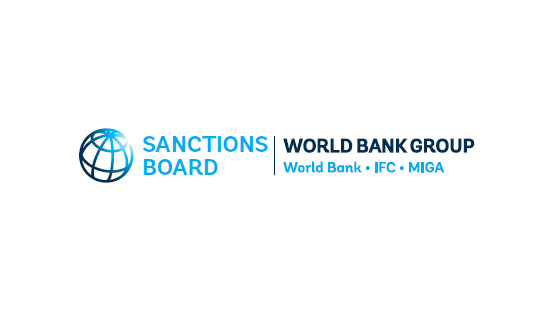The World Bank Group's Sanctions System
Tackling Corruption Through a Two-Tier Administrative Sanctions Process
Promoting good governance and tackling corruption are critical to achieving sustainable development and poverty reduction. Diversion of funds from development projects through corruption impairs the ability of governments, donors, and the World Bank Group to achieve the goals of reducing poverty, attracting investment, and encouraging good governance.

